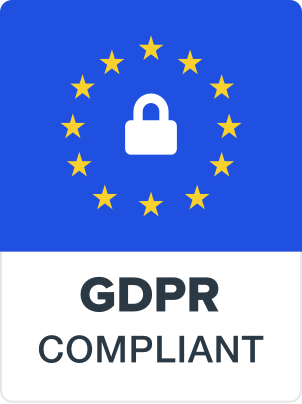Lead qualification in business development is a critical practice, a sieve that separates the wheat from the chaff, focusing efforts on prospects with the highest potential. In an era where resources are precious and competition is fierce, mastering lead qualification is not just beneficial – it’s imperative for sustainable growth.
Deep Dive into Lead Qualification Criteria
Qualifying leads involves a multi-faceted approach. The BANT framework, covering Budget, Authority, Need, and Timeline, remains a classic and effective method. However, modern business landscapes demand additional layers of evaluation:
- Engagement Level: How actively involved is the lead with your brand? Measures can include website visits, interactions with marketing content, and responses to outreach efforts.
- Fit with Product/Service Offering: Does the lead’s requirements align with the unique value proposition of your product or service? Understanding this alignment helps in prioritizing leads that are a natural fit for what you offer.
- Market Position and Size: Assessing the lead’s market position, size, and growth potential can indicate the long-term value and feasibility of the relationship.
Advanced Techniques for Enhanced Qualification
Beyond basic techniques, leveraging advanced tools and methods can refine the qualification process:
- Predictive Analytics: Utilizing AI and machine learning algorithms to predict which leads are most likely to convert based on historical data and trends.
- Content Interaction Analysis: Gauging a lead’s interest and readiness based on their interaction with specific content types, such as downloading a whitepaper or attending a webinar.
- Social Listening Tools: Monitoring social media for mentions and engagements to gauge interest levels and market presence of potential leads.
Integrating CRM for Streamlined Qualification
Modern CRM systems are not just repositories of customer information; they are dynamic tools that can significantly aid in lead qualification. Integration of CRM systems with marketing automation tools and analytics platforms provides a wealth of data that can be used for sophisticated lead scoring and segmentation.
Collaborative Approach Between Sales and Marketing
Effective lead qualification is a collaborative dance between sales and marketing. While marketing generates and nurtures leads, sales bring the expertise in closing them. Regular communication and shared KPIs ensure that both teams are aligned in their approach and objectives.
Ongoing Refinement and Adaptation
The business environment is ever-evolving, and so should be your lead qualification strategy. Regularly reviewing and updating the qualification criteria and process ensures that your approach stays relevant and effective.
Conclusion: Maximizing Opportunities Through Strategic Qualification
In the quest for business growth, strategic lead qualification is a powerful tool. It allows companies to focus their efforts and resources on the most promising prospects, turning possibilities into profitable engagements. By adopting a comprehensive, data-driven, and collaborative approach to lead qualification, businesses can elevate their development strategies to new heights of efficiency and success.
Share via:


